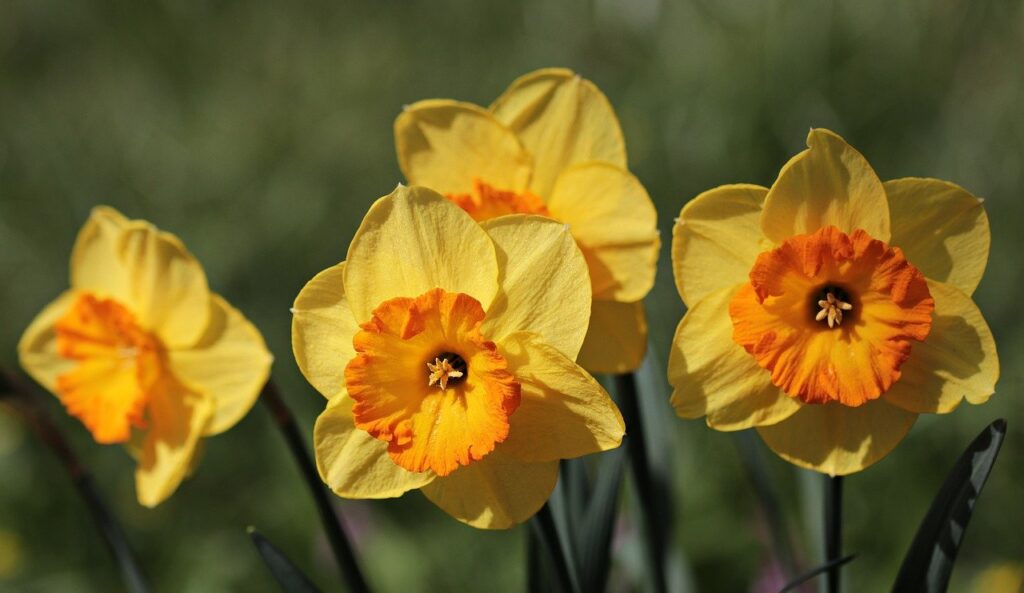We use cookies to make your experience better. To comply with the new e-Privacy directive, we need to ask for your consent to set the cookies. Learn more.
5 things to do in Autumn to Prepare your Garden for Winter and Spring
1. Clean Up
There’s more to a tidy up in the garden than just making it look neat and tidy – old plants can harbour diseases and pests so it’s wise to remove and dispose of any spent or rotting plants from your plot. You can also bury any disease & pest free finished plants into the ground which will improve soil quality by adding organic matter to it. Dig up any weeds that appeared over the summer and make sure to dispose of them completely – they will likely take root again if you simply move them elsewhere.
2. Prepare your soil
Autumn is a perfect time to apply Soil Renew. It contains an ecosystem of beneficial soil microorganisms which are stabilised in pelleted organic matter. When applied to the surface of your soil, moisture breaks down the pellets and activates the organisms.
Planting Winter Green Manures such as clover, rye or vetch can help prevent erosion with heavy rain and generally increase organic matter in the soil.
3. Mulch
Mulching in Autumn is a good idea, it protects the soil from the harsh winter weather i.e prevents soil erosion and nutrient leaching. You can use temporary or permanent mulches. Temporary mulch materials will decompose over time - wood chips, seaweed, grass cuttings, leaf mould, stulch, paper, or wool. Permanent mulches can be re-used year after year - rock, gravel, woven ground cover, weed control fabric.
4. Plant some bulbs
Now is the time to think ahead and plan for that burst of colour that you’ll be longing for come the start of Spring. We have a great range of organic bulbs that you can plant now for flowering in Spring or Summer.

5. Assess & Plan Ahead
Now that the busy buzz of Summer has left the garden, you have time to assess what grew well, what you enjoyed eating, what you had too much of and what you want more of! Take the time to reflect, do some research and plan what you want to grow next season. Crop rotation is also worth thinking about - what would your garden (and you) benefit from?

